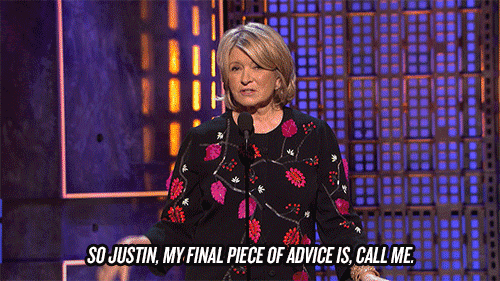
TL;DR
-
Right now you can get a royalty share of Justin Bieber’s latest single “Company” by purchasing an NFT that costs less than a t-shirt at his tour merch table.
-
For initial buyers to break even, “Company” needs to get a cool 1.4 billion streams, which would take approximately 65 years if streams kept up at their current pace.
-
By selling these NFTs to the public and promising future revenue to holders, the argument can be made that these NFTs are unregistered securities (think: unregulated stocks).
-
Regardless, we’re going to keep our hopes up that over time, the royalty incentives and regulatory side of things can be solved.
Full Story
If blockchain technology is great at one thing, it’s lowering the barrier to entry for investment.
Can’t afford a whole Bitcoin? Not a problem. You can start slow with, say, 0.001BTC (~$25) instead?
(That’s something you can’t do with stocks).
And lately, we’ve started to see similar fractionalized investment structures bleed into the music world (via NFTs).
For example:
Right now you can get a royalty share of Justin Bieber’s latest single “Company” by purchasing an NFT that costs less than a t-shirt at his tour merch table.
Here’re the details:
-
Each NFT is $28 a pop
-
2,000 NFTs were released in total
-
Each NFT earns 0.0005% royalties when Company is streamed
Everytime “Company” is played → NFT holders get paid.
It’s pretty neat! And it looks like the buying public agrees – the entire collection sold out almost immediately, racking up $56k in sales.
All of that said. There’re a couple of glaring issues here…
-
For initial buyers to break even, “Company” needs to get a cool 1.4 billion streams, which would take approximately 65 years if streams kept up at their current pace.
-
This is a biggy – by selling these NFTs to the public and promising future revenue to holders, the argument can be made that these NFTs are unregistered securities (think: unregulated stocks).
…that’s why you can’t buy them if you’re in the US.
Regardless, we’re going to keep our hopes up that over time, the royalty incentives and regulatory side of things can be solved.
The latter might be a pipe dream, but…
A world where music artists can fund their growth through fan revenue sharing, instead of predatory major label deals, is one we’d like to live in!

